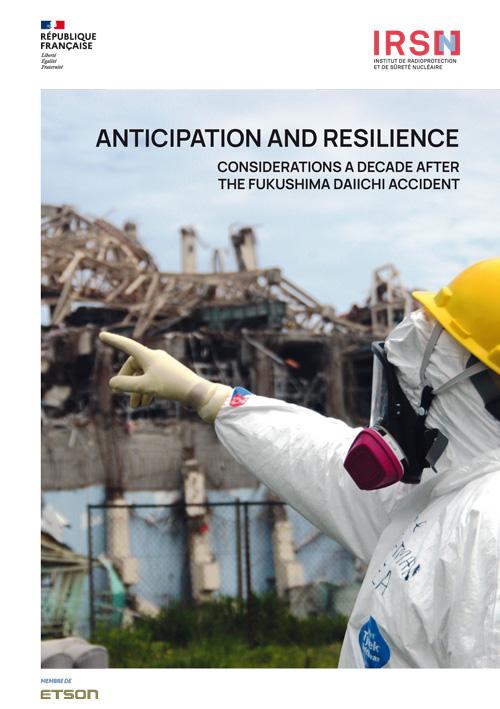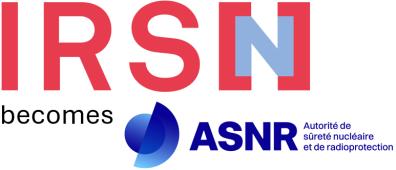Anticipation and resilience: IRSN publishes a new report ten years after the Fukushima Daiichi accident

What can be learned from the accident of Fukushima Daiichi to make nuclear facilities more robust and able to withstand extreme events and to improve post-accident management? In a report entitled “Anticipation and resilience: considerations a decade after the Fukushima Daiichi accident”, IRSN's experts share their insights regarding this challenging and complex subject.
Changes and developments in the objectives, approaches, analytical methods and assessment criteria applied in nuclear safety, reflect the constant desire to seek improvements in the field.
While massive advances have been made in the last fifty years to improve the design-basis and through-life robustness of reactors, it is not yet possible to prevent accidents with potentially lethal consequences from occurring. With this in mind, we need to consider the best ways to manage what is known as “residual risk”, questioning how the players in the nuclear industry can prevent major accidents, and manage them in the event that they occur in spite of all the preventative measures implemented.
To this end, feedback on the Fukushima Daiichi accident and research conducted since in the human and social sciences have highlighted the importance of seeing people and organizations as active stakeholders in the procedures deployed at facilities. The IRSN report shows that post-accident response management, in all its aspects, including political and societal, implies a need to deploy systemic approaches likely to result in changes in the principles applied up to now.
Intended for anyone interested in nuclear safety issues, and more generally in risk management, this new report invites us to examine current practices in these fields, how each actor contributes to the risk management of nuclear installations, and the need to develop other approaches to better assess the risks, both in the context of normal operation of installations and in accident situations.
Better assessment to prevent nuclear accidents, better preparation to handle them if they do occur, which cannot be excluded: it is the responsibility of the experts, including IRSN, to continue the discussions, to improve knowledge, and to develop new, more systemic approaches. The purpose is to enable decision-makers to make “well-informed” decisions in view of the challenges of the protection of the people and the environment, and the safety of the installations. This report has no other ambition than to propose a few ideas to encourage discussions to this end.
